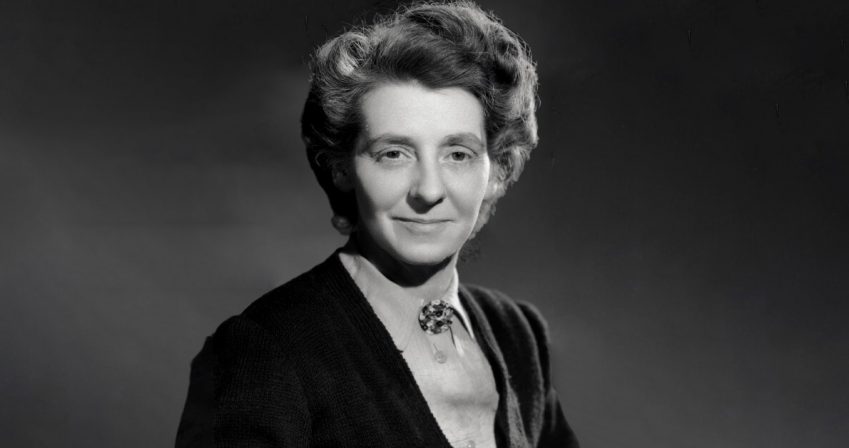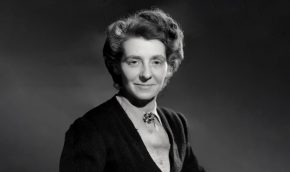Labour politician
Women in Law
- Introduction
- Timeline
- Joyce Bamford-Addo
- Marion Billson
- Jill Black
- Elizabeth Butler-Sloss
- Sue Carr
- Eugenia Charles
- Lynda Clark
- Freda Corbet
- Coomee Rustom Dantra
- Leeona Dorrian
- Heather Hallett
- Frene Ginwala
- Rosalyn Higgins
- Daw Phar Hmee
- Lim Beng Hong
- Dorothy Knight Dix
- Sara Lawson
- Elizabeth Lane
- Theodora Llewelyn Davies
- Gladys Ramsarran
- Lucy See
- Evelyn Sharp
- Victoria Sharp
- Ingrid Simler
- Teo Soon Kim
- Ivy Williams
- The Significance of the Sex Disqualification (Removal) Act 1919
- Podcasts
Home › Women in Law › Our Women › Freda Corbet
Freda Corbet
(nee Künzlen, later Mansell, 1900-1993)
Admitted 1929; Called 1932
Freda Künzlen was born in Tooting, the eldest daughter of Adolf Künzlen, a commercial clerk and Nellie, a political activist. She won a scholarship to Wimbledon County Technical School. They changed their name to Mansell during the second world war. She was admitted to University College London in 1911 and gained a first class degree in history. Her political involvement began at this time when she also joined the Independent Labour Party.
She moved to Cornwall and became a teacher at Penzance Church High School for Girls. In 1925 she married William Corbet, also a member of the Independent Labour Party and moved back to Streatham where she helped her husband run his newspaper shop. She joined The Inner Temple in 1929 and was called to the Bar in 1932 yet was unable to find work as a barrister.


Freda Kunzlen Corbet (née Mansell, later Campbell) by Bassano Ltd. Source: https://www.npg.org.uk/collections/search/portrait/mw82977/
After three unsuccessful attempts to stand as a local councillor for she was finally elected as Councillor for Camberwell North West and her husband was elected to Wandsworth Council. She served on the London County Council’s education committee for 16 years helping to introduce comprehensive schools to the city.
She stood as an MP for Lewisham East for Labour at the 1935 General Election but was not successful. She became a magistrate in 1940 helping to treat young offenders. During the Blitz Corbet helped the Camberwell victims of the Blitz and was elected as an MP for Camberwell North West in 1945 and then for Peckham after 1950. She regarded her Parliamentary work as an adjunct only to her work at the County Hall, focusing principally on her surgeries and work with people.
She was chief whip for the Labour County Council and was known as the Tiny Tyrant due to her height at 4 ft 11 inches. She requested that councillors requested her consent before asking questions at public meeting. She represented Britain at the United Nations Conference in 1948 helping to produce the Universal Declaration of Human Rights.
The Labour landslide of 1958 introduced new, younger councillors who challenged Corbet’s authority and demanded a more open and democratic approach. She was eventually replaced by Bill Fiske in 1960.
Corbet was made chairman of the General Services Committee. In this role she oversaw the creation of the Queen Elizabeth Hall and the development of the Southbank, the Hayward Gallery and the Royal National Theatre. Where she maintained a place on their board between 1962 and 1965. The creation of the Greater London Council eventually led to the decline of her influence. She did not maintain a good relationship with the newly elected Labour group who gained power in 1964.
She finally stepped down in 1974 when she was awarded the Freedom of the London Borough of Southwark.